Our History
The Levin Richmond Terminal has a long and rich history that started in the metals industry.
In 1939, David and Richard Levin pooled $1,000 each to found Levin Machinery and Salvage Company in San Jose, with just three employees. At that time, the leading business in the Santa Clara Valley was agriculture, and Levin Machinery and Salvage primarily sold government surplus hardware to the agricultural community.
However, the end of World War II signaled the beginning of a new era in the Santa Clara Valley and agriculture soon gave way to manufacturing. The great migration to California brought rapid growth to the valley, and as the area grew and changed so did the Levin's company.
Sydney Levin, the brother of co-founders David and Richard, joined the company after completing his tour as an officer in the U.S. Navy. In 1951, David Levin retired and the company name was changed to Levin Metals Corporation (LMC) to better reflect the company's new focus. Then in the late 1960s, brother-in-law Rubin Lewon became part of the company's management team.
FASCINATING FACT
Steel is the world's most important engineering and construction material, used in every aspect of our lives, from electric cars to refrigerators to washing machines. It can be recycled over and over without loss of property.
During the post-war years things continued to change. Steel mills were closing and the company's markets were changing, with demand for scrap steel increasing in the rapidly industrializing Far East.
The 1960s and 1970s saw the company expanding into new geographic and market areas. In response to the need for marine facilities to ship scrap to Japan, South Korea, and Taiwan, divisions were opened in the ports of Richmond and Redwood City on the San Francisco Bay. In addition to leasing and chartering ocean-going cargo ships, a subsidiary company was formed to purchase and operate the company's own 25,000-ton capacity scrap transport ships, the Golden State and the Hana Maui.
FASCINATING FACT
Maritime shipping is an integral part of the global economy, transporting around 80% of the world's trade in physical goods and is also the least emissions intensive way of moving cargo.
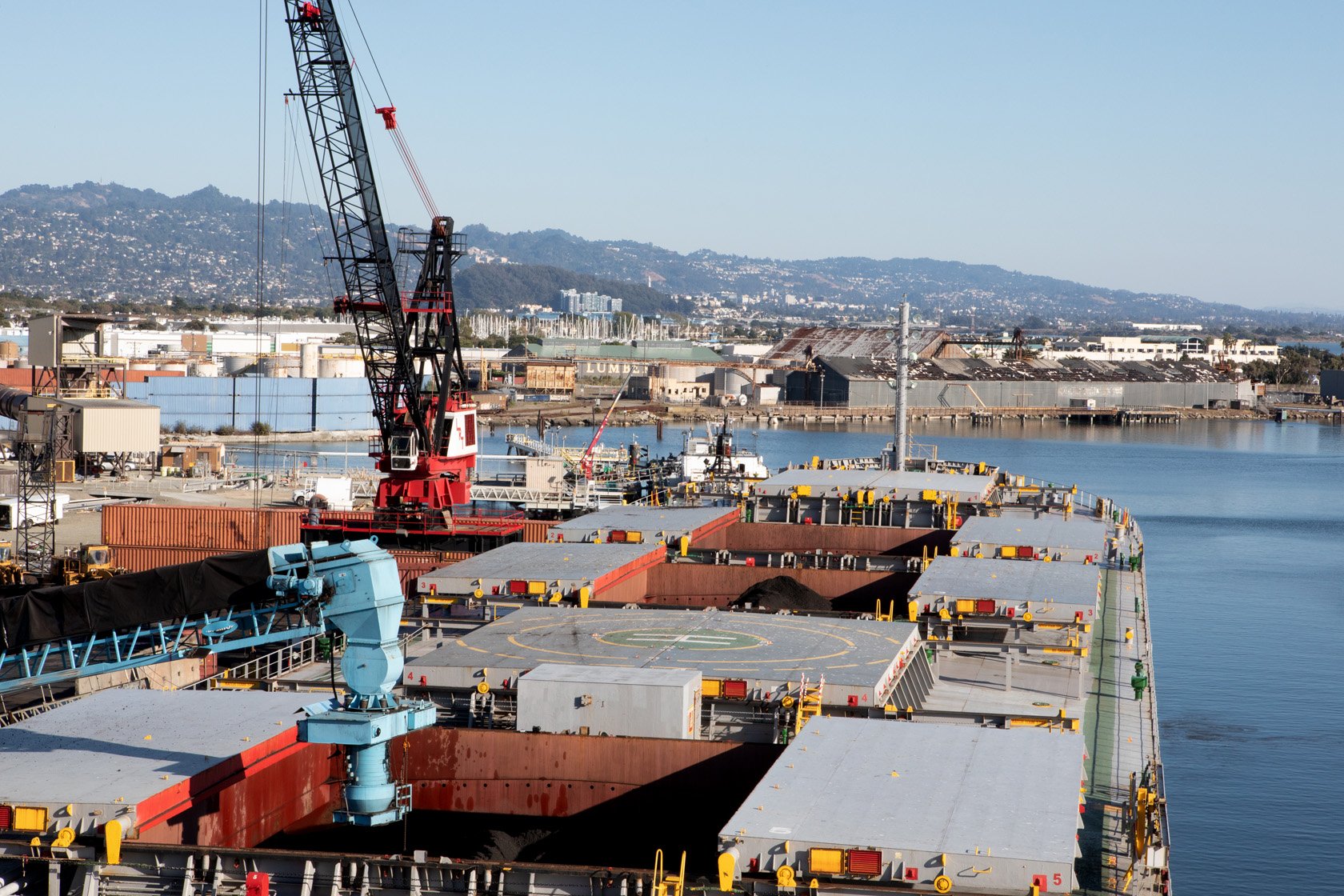
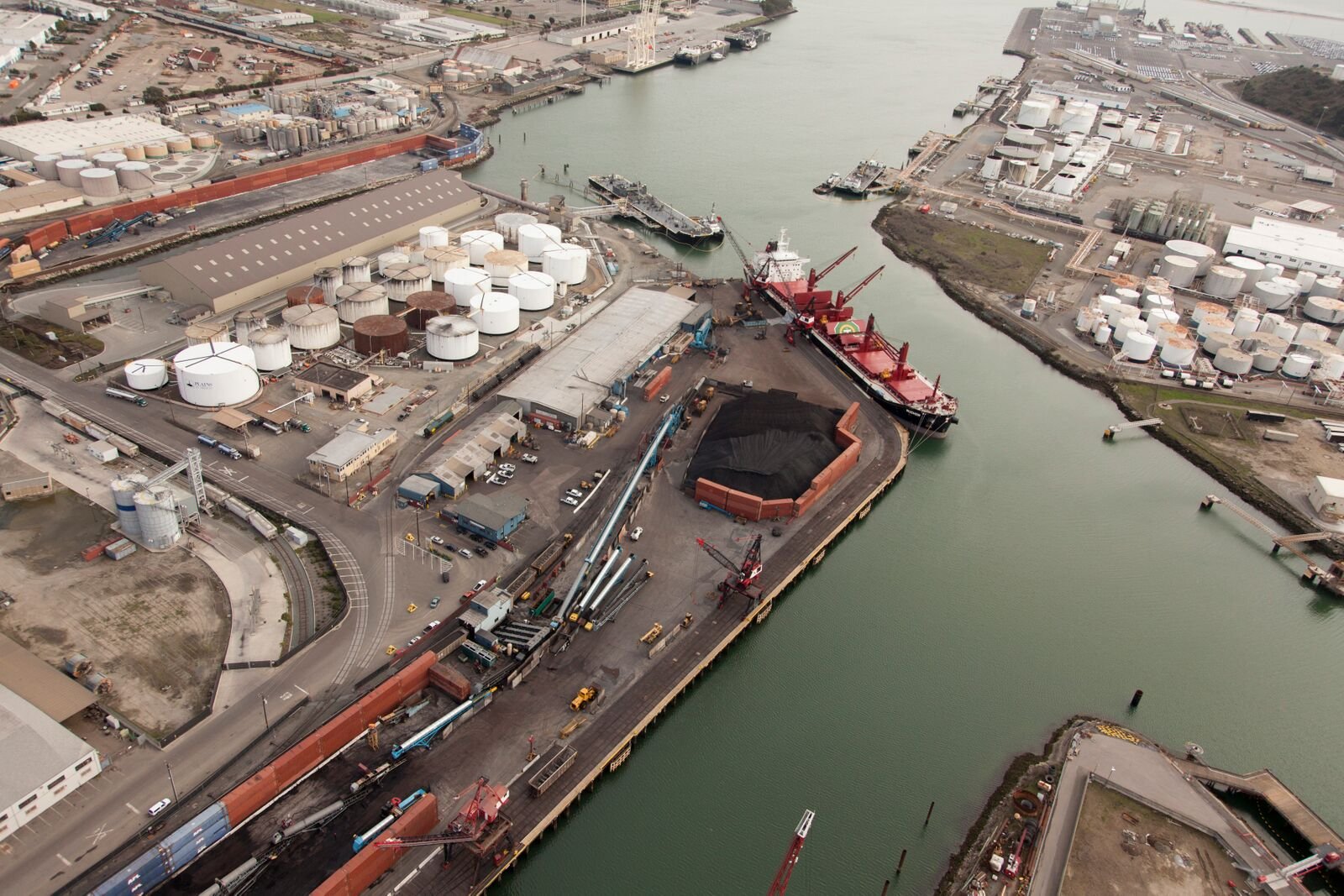
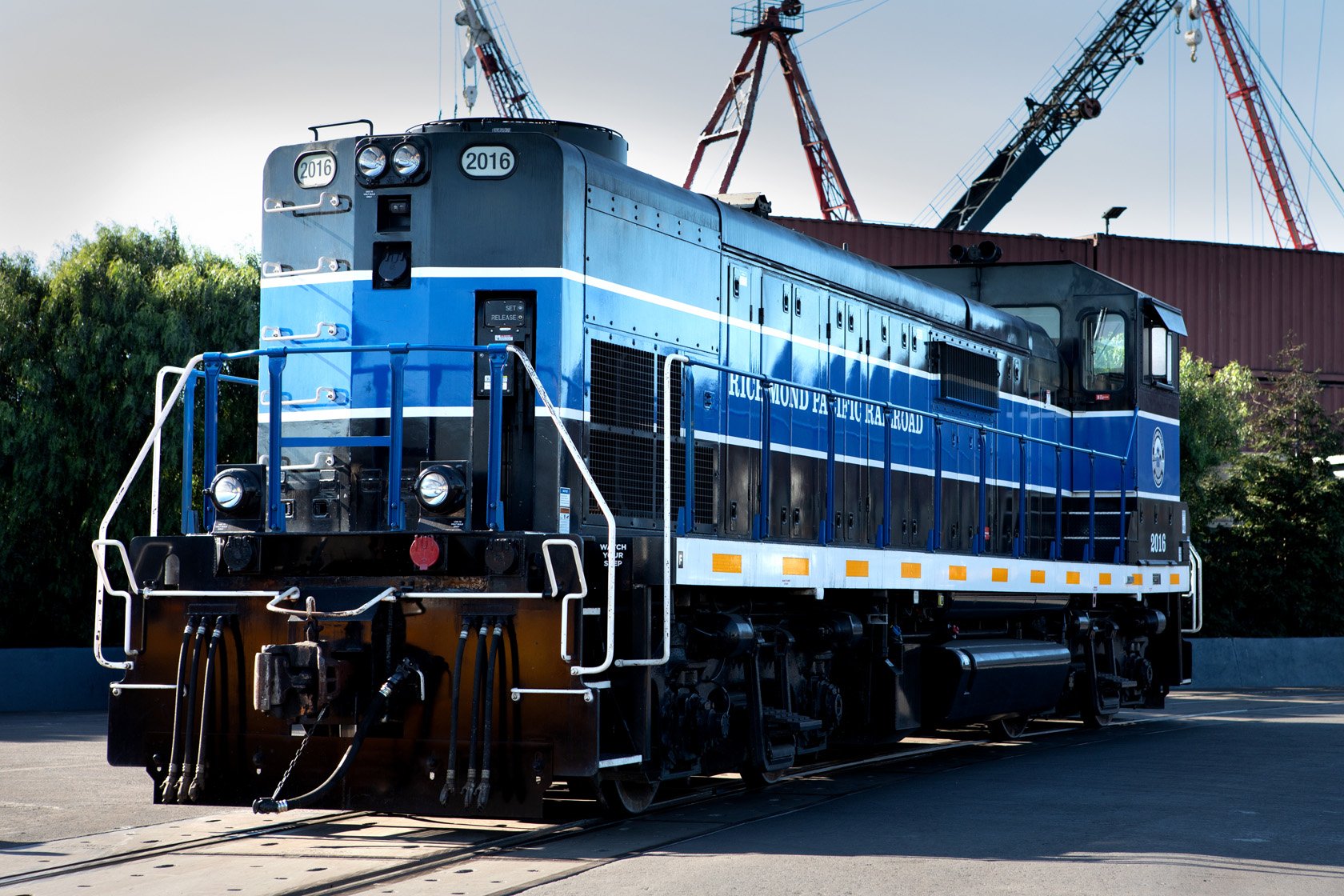
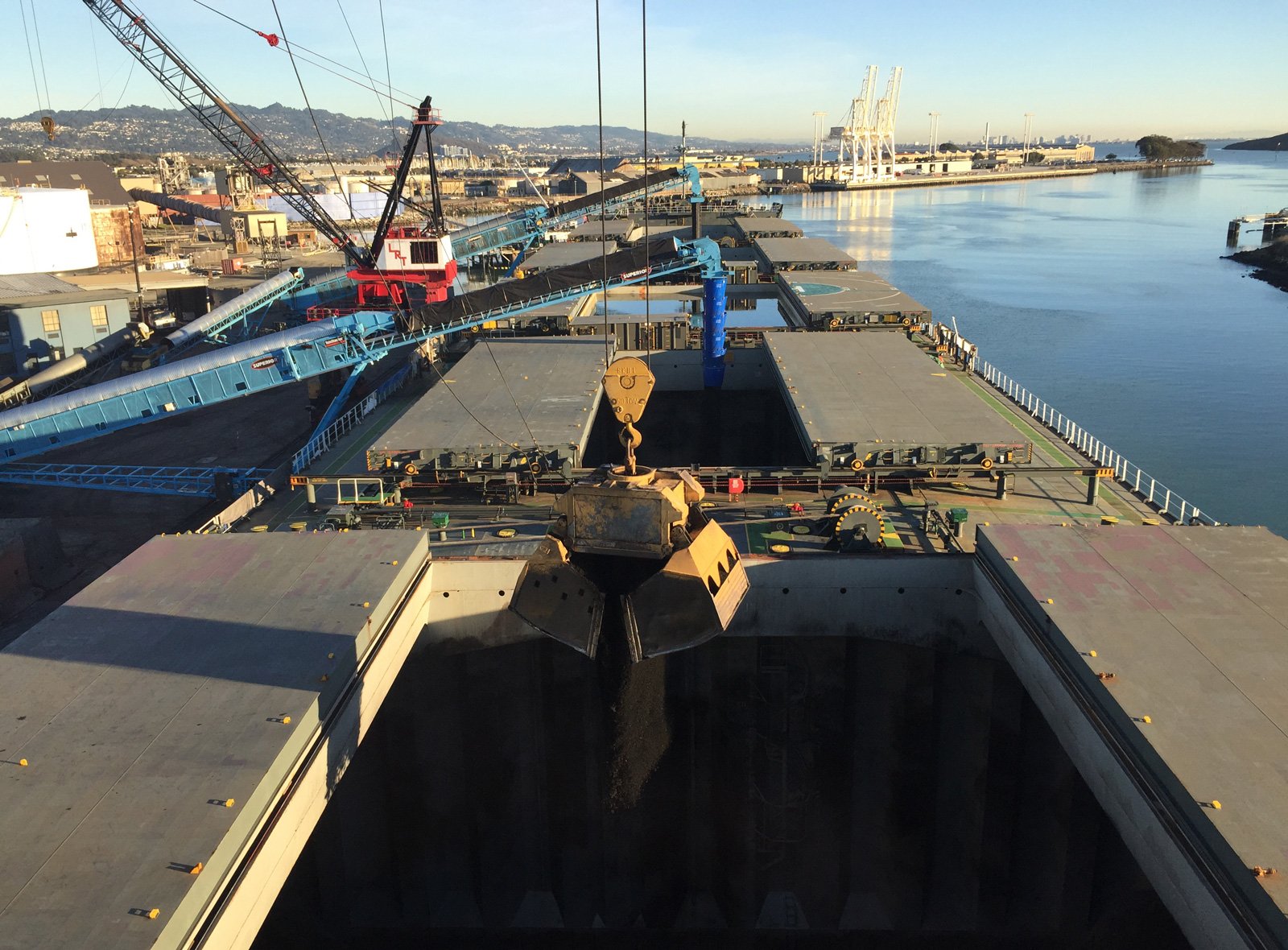
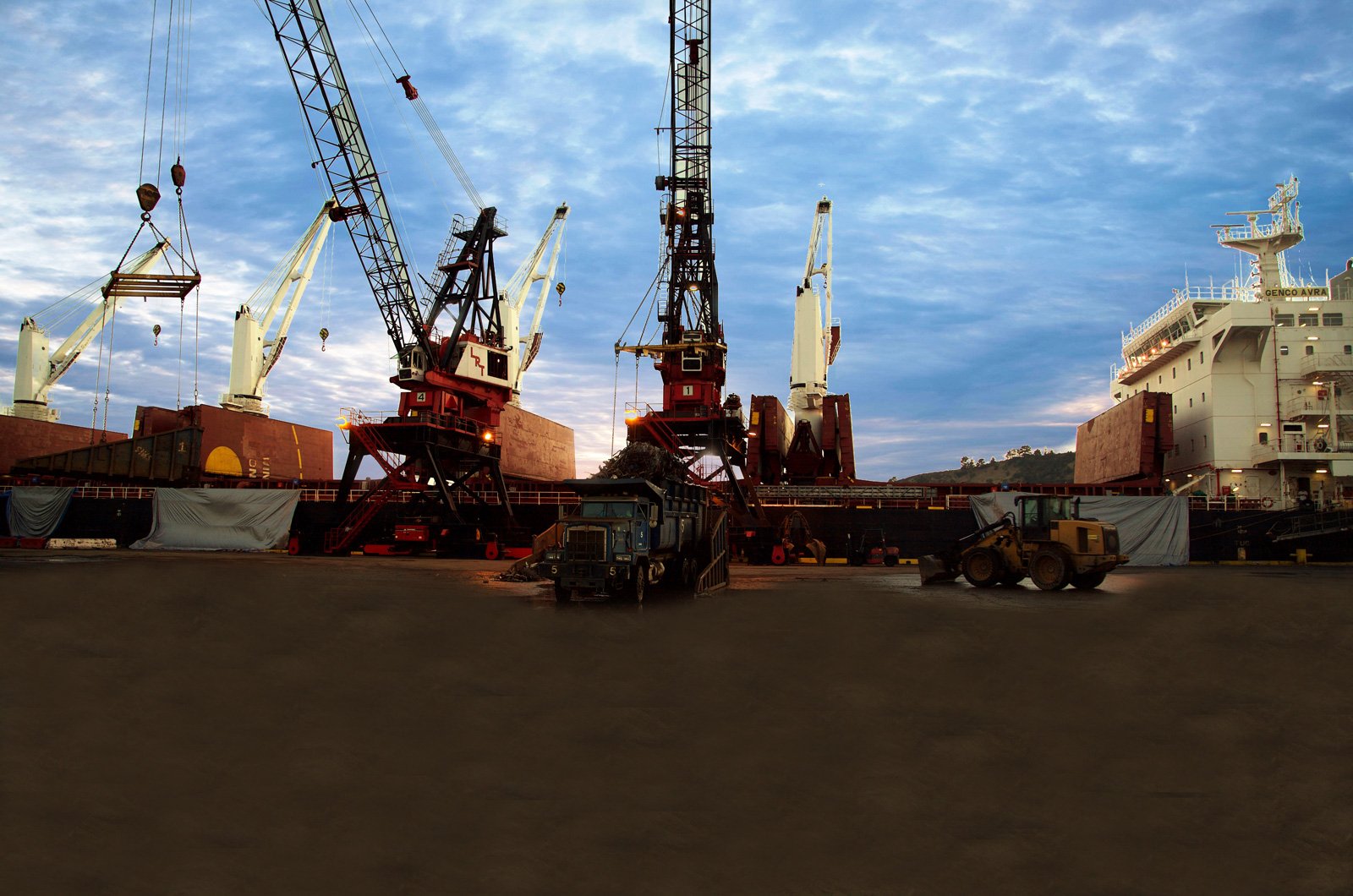
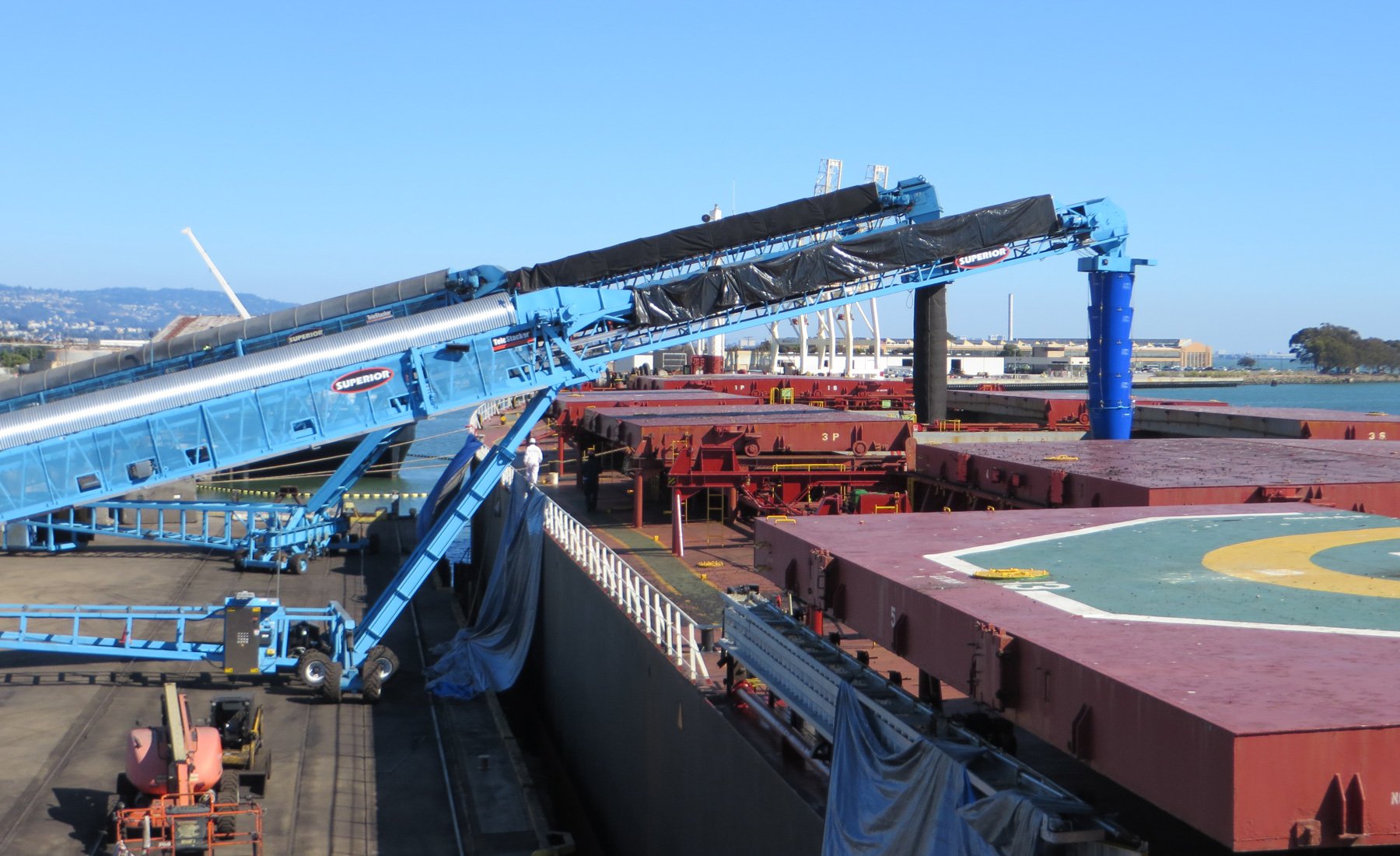
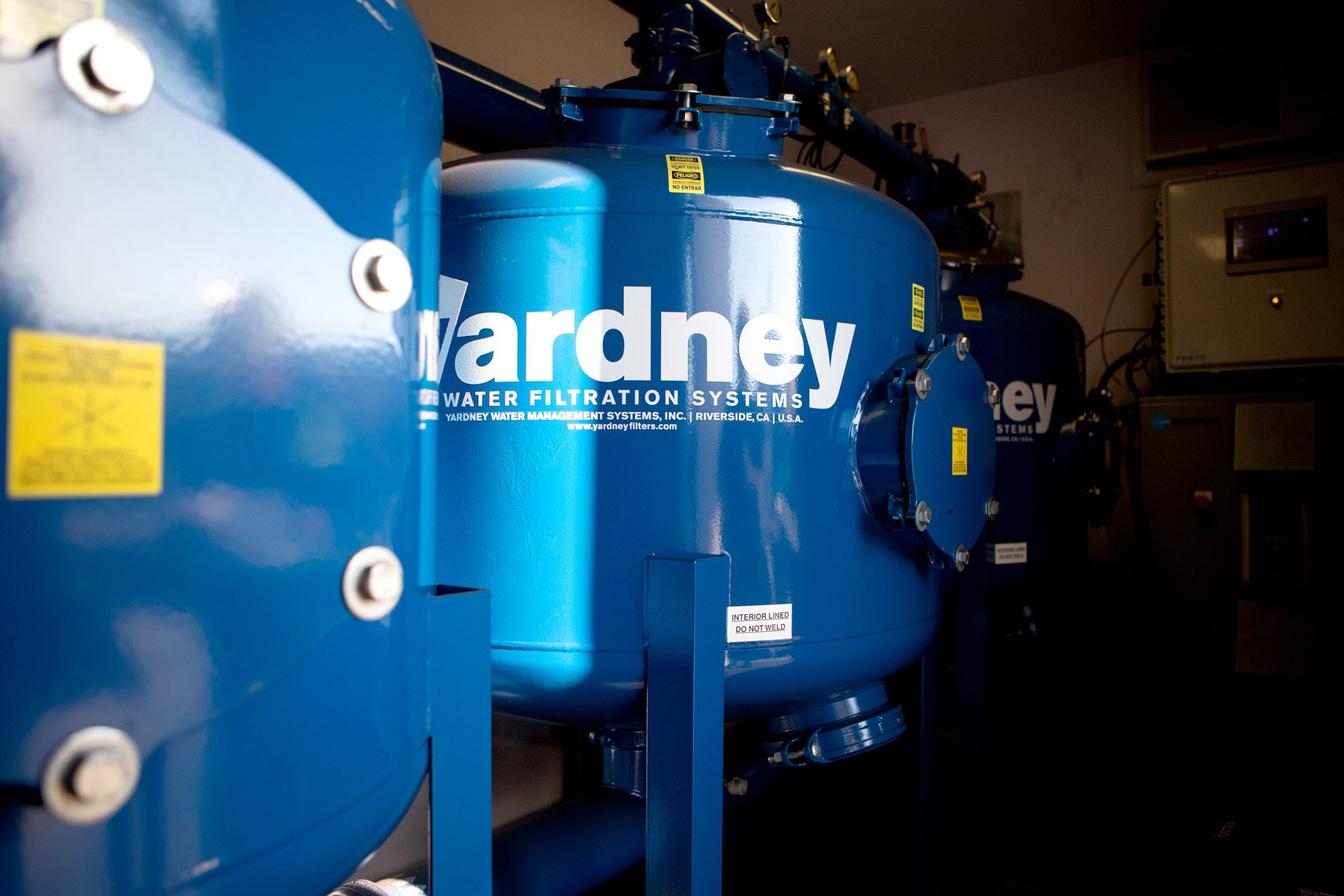
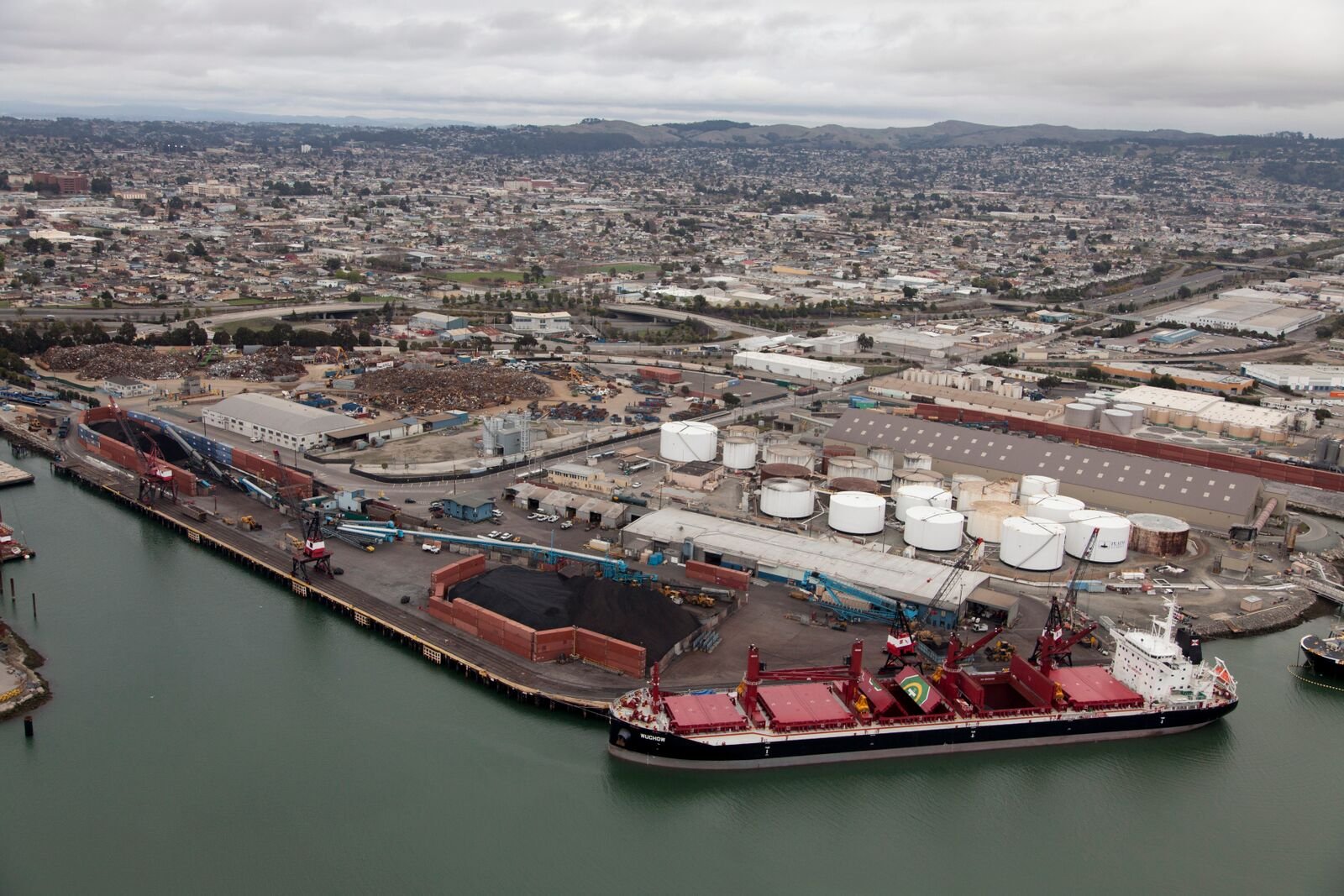
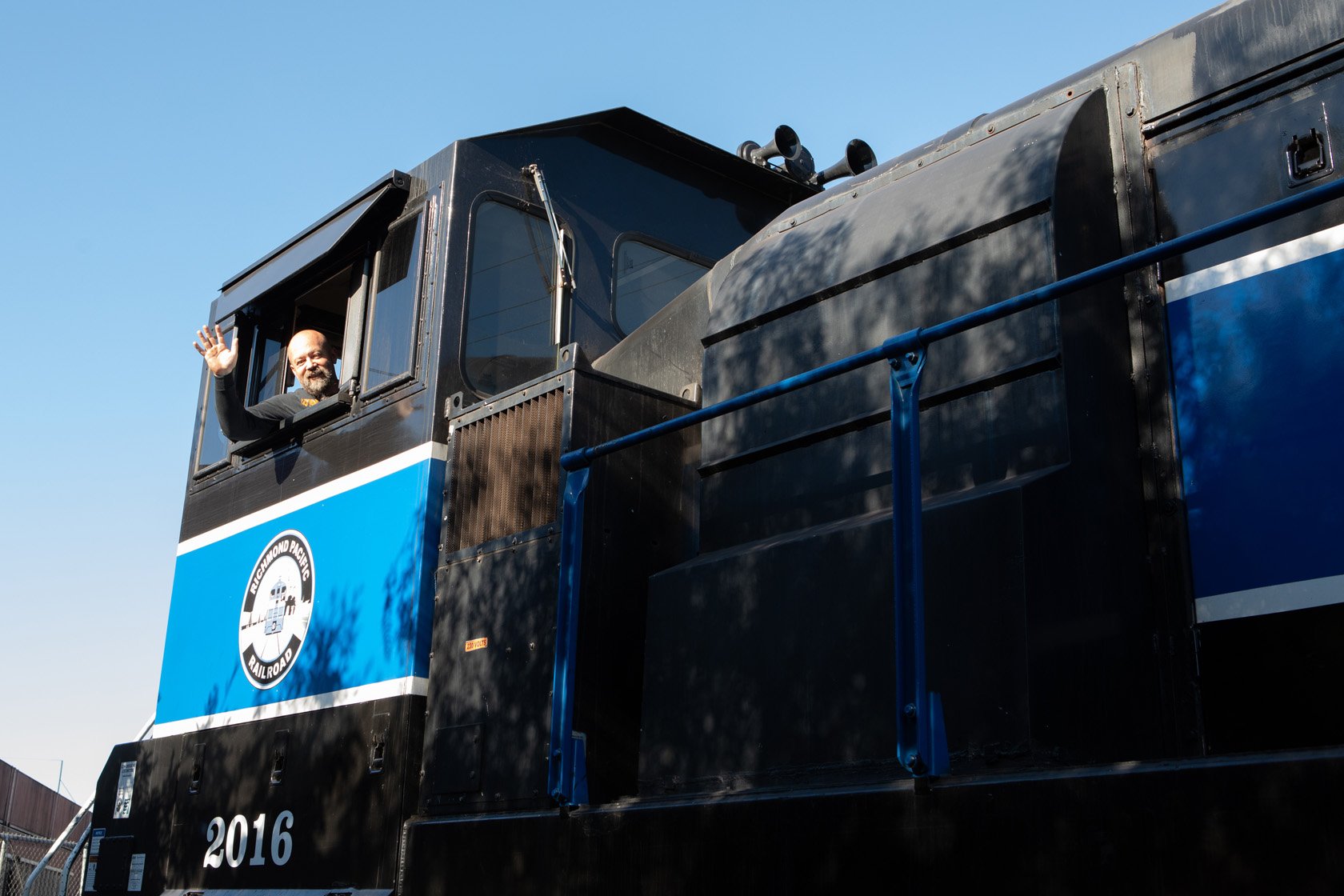
Then Sydney Levin retired and the Vice President of Finance, William Benak, became President of the company.
In 1981, the company acquired additional maritime facilities near the existing Levin operations in Richmond. The bulk cargo terminal was originally called the Parr-Richmond Terminal Corporation. At that time the company was renamed Levin Richmond Terminal Corporation (LRTC) and expanded its scrap metal export and dry bulk cargo operations. The terminal handled scrap metal, ores, fluorspar, potash, chrome ore, bauxite, limestone, and various other bulk commodities
FASCINATING FACT
Potash is used not only as a fertilizer in agriculture but also in the recycling process.
The bulk cargo terminal and a tank farm were served by an industrial switching railroad, called the Parr Terminal Railroad, a wholly owned subsidiary of Parr-Richmond Terminal. The Railroad facilitated shipments to be delivered to the dock for expeditious handling.
In the 1980s, a large Australian scrap metal company called Sims Metal Management sought to develop more of an overseas presence in the U. S. So, in 1988, Richard Levin sold the company's scrap metal operations to Sims. The Levin family retained the bulk marine terminal, the railroad and some of the surrounding property.
In 2002, the Parr Terminal Railroad was expanded to a full Short Line railroad, which connects with the Union Pacific Railroad and the BNSF (Burlington Northern Santa Fe Railway). The Short Line railroad was renamed the Richmond Pacific Railroad Corporation (RPRC), which handles rail traffic within the terminal and switches customers within the city of Richmond. Within the terminal, the wharves are equipped with double tracks and served by a network of spur tracks. The railroad services 18 customers and continues to grow.
Levin Richmond Terminal Corporation and the Richmond Pacific Railroad Corporation continue to be owned and operated by Richard Levin's family.
FASCINATING FACT
RPRC owns 40% of the cleanest locomotives operating in railroads our size in California today.
